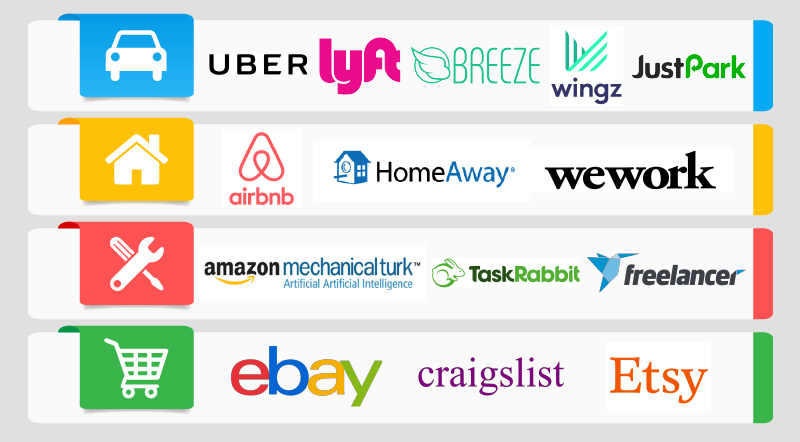Why does AirBnB use blockchain?
AirBnB is a platform that connects travelers with hosts who offer accommodation and experiences around the world. AirBnB uses blockchain to enhance its services and create new opportunities for its community.
Blockchain allows data to be stored and verified in a decentralized way, without the need for intermediaries or central authorities. Blockchain can enable peer-to-peer transactions, smart contracts, digital identity, and more.
How does AirBnB use blockchain?
Here are some of the ways that AirBnB uses blockchain:
- Trust and reputation: AirBnB uses blockchain to create a secure and transparent record of the interactions between hosts and guests, such as reviews, ratings, and disputes. This can help to build trust and reputation among users, as well as prevent fraud and manipulation.
- Identity verification: AirBnB uses blockchain to verify the identity of its users, using biometric data, social media profiles, and other sources. This can help to ensure the safety and security of both hosts and guests, as well as comply with local regulations.
- Loyalty program: AirBnB uses blockchain to reward its users with tokens that can be redeemed for discounts, upgrades, and other benefits. This can help to increase customer loyalty and engagement, as well as create a network effect among users.
Applying blockchain in the Sharing Economy
Let me start by stating that Blockchain is not a panacea for the challenges and limitations of the sharing economy, such as regulatory compliance, environmental impact, social inequality, and ethical dilemmas. However, it is a promising technology that can offer new possibilities and opportunities for innovation and collaboration in the sharing economy.
However, if we consider the big disruptors like AirBnB and Uber and how they disrupted their respective industry sectors, it is interesting to see how blockchain is now disrupting how they operate.
Blockchain has the potential to transform the sharing economy by:
Reducing transaction costs and fees: Blockchain disintermediates many of the functions that were originally provided in these platforms, creating efficiencies and cost reduction as well as enabling direct peer-to-peer payments using cryptocurrencies as well as fiat payments.
Enhancing trust and security: Who would have thought that strangers would pay to stay or drive with other strangers! The success is due to an unprecedented level of ‘trust’ between the parties. In creating that trust, blockchain provides a verifiable record of transactions and interactions, as well as mechanisms for dispute resolution and arbitration. Blockchain also protects the privacy and data of users, by allowing them to control what information they share and with whom. Additionally, the use of immutable ‘Reputation Systems’ provides prospective users with reliable and transparent reviews.
Empowering users and communities through automation: Blockchain can enable users to create and join decentralized autonomous organizations (DAOs), which are self-governing and self-sustaining entities that operate according to predefined rules and incentives. DAOs can facilitate collective decision-making, resource allocation, and governance in the sharing economy.
Is applying blockchain in the sharing economy effective?
In my role as an educator, I have reviewed numerous ideas for applying blockchain in the Sharing Economy, and without exception the application of blockchain has not only created efficiencies but has enabled new models that did not exist before blockchain.
There is significant value creation with this marriage, and another example of blockchain being applied beyond crypto & fintech
About Marcus Xavier
I am a freelance blogger and course developer. I help blockchain start ups
and enthusiasts learn how to apply blockchain technologies and create real
value for their users. Visit my website here: https://www.marcus-xavier.io
